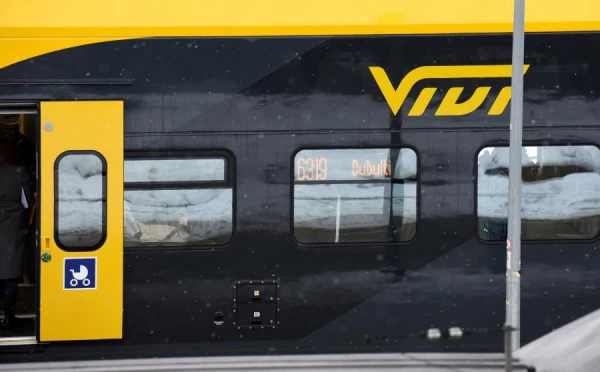
Starting this week, all conductors of Pasažieru vilciens will have compact video cameras on their clothing, which the company hopes will successfully replace physical security and enhance safety.
As previously reported, the company Pasažieru vilciens has decided to keep up with the times and save costs by eliminating physical security services on trains. Such services were present on certain routes – night trains or after various events.
Security guards will be replaced by modern technology: compact cameras that will be provided to all conductors. It is claimed that this will enhance constant security monitoring during travel.
The algorithm for using the camera by the conductor is simple. If he hears a sharp verbal exchange or feels that there may be a quarrel, fight, or any other manifestation of aggression in the carriage, he will immediately turn on the camera to capture the faces of the offenders. At the same time, the video signal will be sent live to the dispatch center, which will immediately call the police to the scene. The recordings obtained by the conductor can be used in further investigations. Moreover, the mere presence of a camera and the threat of its activation can cool the ardor of troublemakers, who will understand the consequences.
In theory, this sounds smooth. However, several questions remain. The first is the question of responsiveness. It is clear to everyone that by the time the services react to the signal, there will be a delay during which offenders can easily cause a million troubles.
The second question is about duplication of functions. It is not very clear why stationary cameras are installed on the ceilings of trains, which also record everything happening in the carriage.
And finally, the third: is this really cheaper than physical security? Especially considering that the company does not buy body cameras but rents them. As Delfi writes, Pasažieru vilciens rents a total of 120 cameras. Renting one camera costs almost 125 euros per month. Thus, the portal summarizes, the new equipment for ensuring security costs the company about 6570 euros per month.
However, there was a mistake with the figures. It is not difficult to calculate that 120 cameras at a price of 125 euros each amounts to 15,000 euros per month, or 180,000 euros per year. Hence the question – is this really cheaper than physical security, which can come to the rescue at any moment? And why was the rental of cameras (which, we reiterate, duplicate the work of those installed in the trains) considered preferable to their purchase?

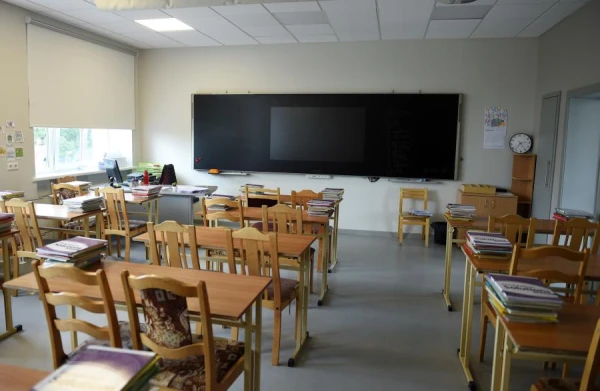
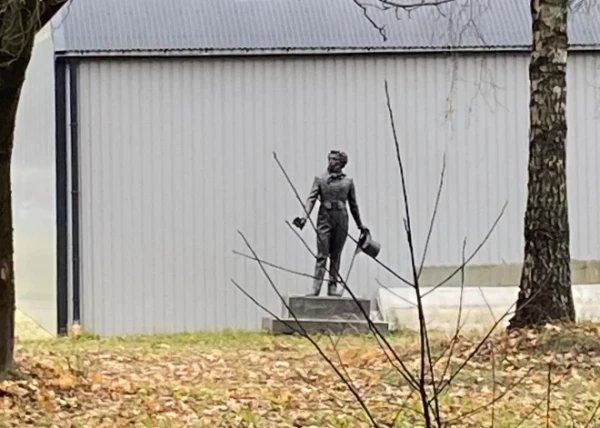
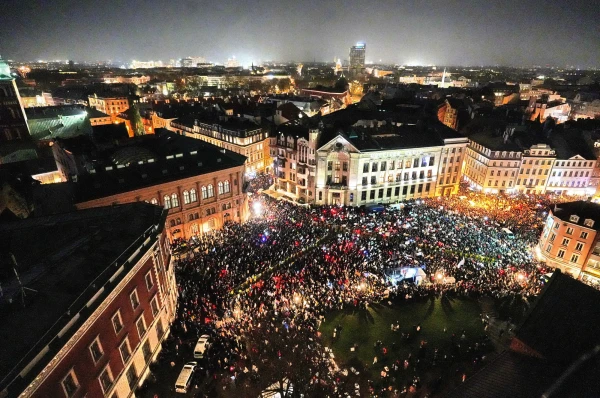
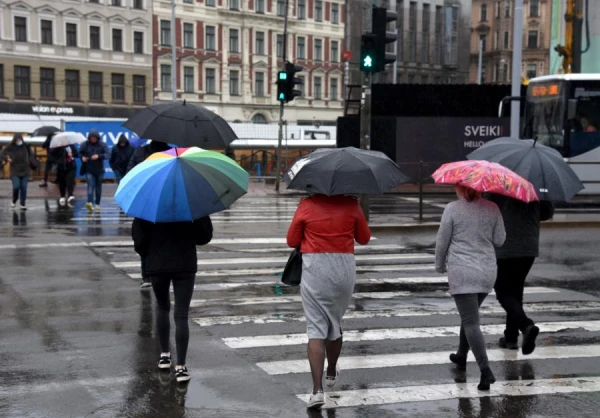

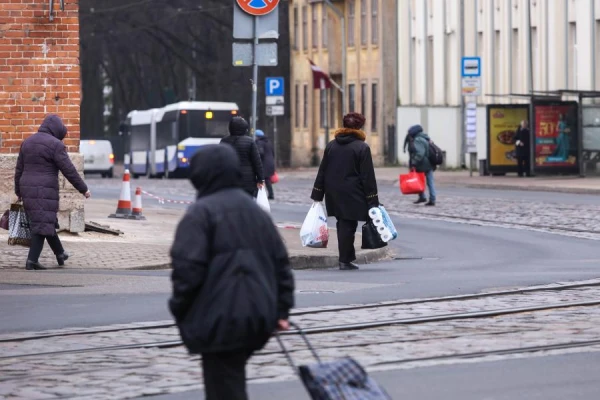
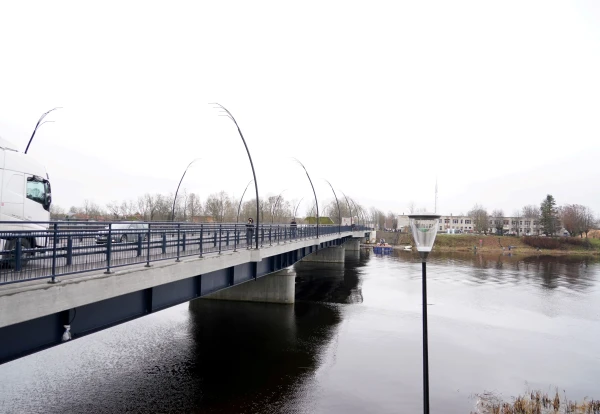
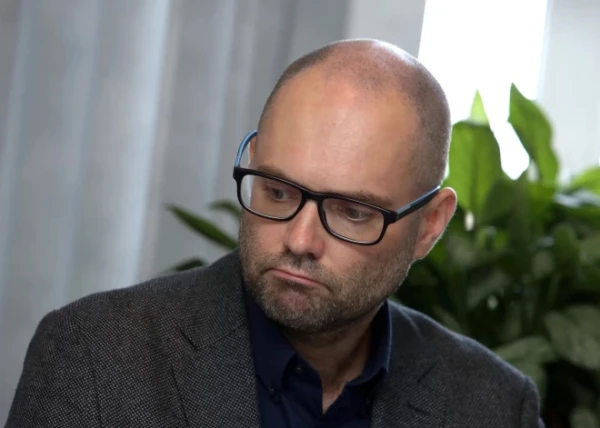
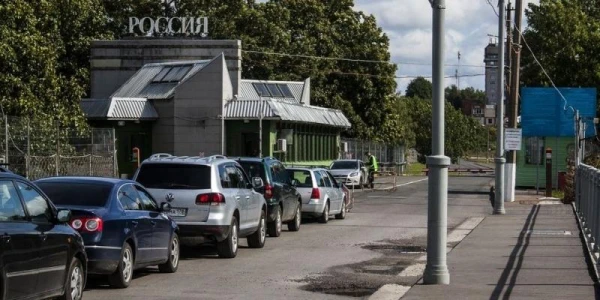
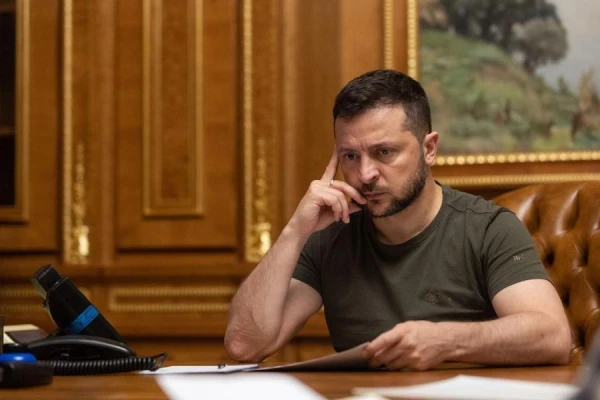


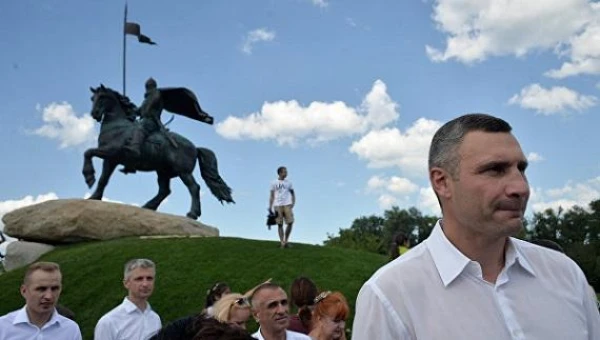

Leave a comment